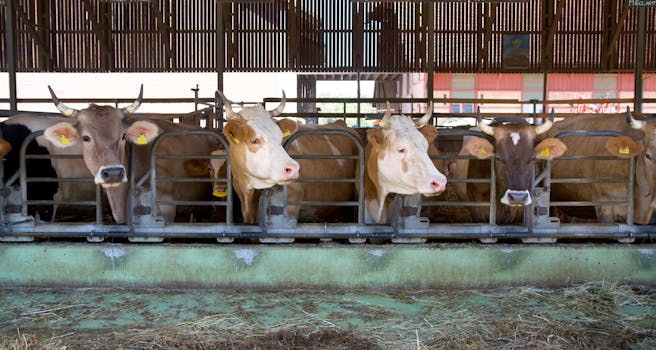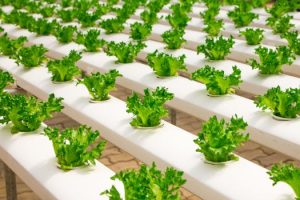Ethical Food Production: Animal Welfare and Sustainability
The modern consumer has become increasingly concerned about the ethical production of their food. With the rise of factory farming and the negative impact it has on animal welfare and the environment, there is a growing demand for ethical food production methods. In this article, we will explore the concept of ethical food production, with a specific focus on animal welfare and sustainability.
Understanding Ethical Food Production
Ethical food production, also known as ethical farming, refers to the practices and methods used in food production that prioritize animal welfare and sustainable farming. This means that animals are treated with respect and are provided with a humane living environment, while also maintaining a balance with the natural environment.
Animal Welfare in Ethical Food Production
Animal welfare is a crucial aspect of ethical food production. It ensures that animals are treated humanely throughout their lives, from birth to slaughter. In contrast, factory farms prioritize profit and efficiency over animal welfare, often keeping animals in cramped, unhealthy conditions where they are unable to engage in natural behaviors.
On the other hand, ethical food production methods emphasize the animal’s well-being, providing them with ample space to move, access to natural light, and a healthy diet. This not only leads to happier and healthier animals but also produces higher quality meat, dairy, and eggs.
Sustainability and Ethical Food Production
Sustainability is another critical factor in ethical food production. The concept revolves around meeting the needs of the present without compromising the ability of future generations to meet their own needs. Sustainable farming practices aim to minimize the environmental impact of food production, such as reducing carbon emissions, conserving water, and promoting biodiversity.
Ethical food production takes this a step further by not only focusing on the environmental impact but also on the welfare of the animals and the people involved in the production process. This means using sustainable practices that benefit both the animals and the environment, such as rotational grazing and regenerative farming.
The Benefits of Ethical Food Production
The benefits of ethical food production extend far beyond just animal welfare and sustainability. Here are some key advantages of choosing ethically produced food:
Good for Animal Welfare
As mentioned earlier, ethical food production puts the well-being of animals at the forefront. By adopting humane and sustainable farming practices, animals are treated with the care and respect they deserve. This not only leads to improved animal welfare but also results in healthier and more nutritious food for consumers.
Supports the Local Community
Ethical food production often takes place on smaller, family-run farms, rather than large industrial operations. By supporting these local farms, you are also supporting the local economy and helping to create jobs in the community.
Better for the Environment
Factory farming has been linked to numerous environmental issues, such as air and water pollution, deforestation, and the use of antibiotics and pesticides. Ethical food production, on the other hand, promotes sustainable and environmentally friendly practices that help to minimize the impact on the planet.
How to Support Ethical Food Production
If you want to make a positive impact on the food industry and support ethical food production, here are some ways you can do so:
Shop at Farmers’ Markets
Farmers’ markets are a great way to directly support local farmers and buy fresh, ethically produced food. You can get to know the farmers and learn more about their farming practices, making more informed choices about the food you purchase.
Choose Organic
Organic farming practices promote sustainability and prioritize animal welfare. Look for the organic label when purchasing produce, meat, and dairy products.
Research Brands and Companies
Do your research and find brands and companies that prioritize ethical food production. Look for certifications such as Animal Welfare Approved or Certified Humane, which ensure that the animals were treated humanely throughout their lives.
Reduce Meat Consumption
One of the most impactful ways to support ethical food production is by reducing your meat consumption. Consuming animal products less often means you can afford to spend a little more on ethically produced meat, dairy, and eggs.
Conclusion
Ethical food production is crucial for both the welfare of the animals and the sustainability of our planet. By prioritizing humane and sustainable farming practices, we can create a better food system that benefits both animals and humans. Make a conscious effort to support ethical food production by making informed shopping choices and reducing your meat consumption. Together, we can work towards a more ethical and sustainable future for our food system.











